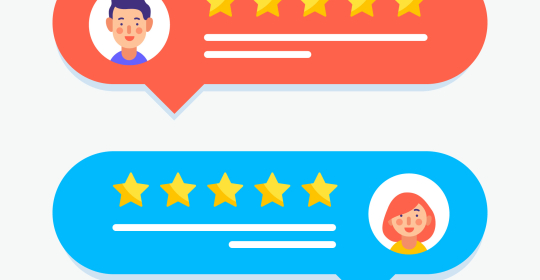Most organizations are undergoing a digital transformation that directly impacts how they do business, yet 70 percent of employees have not mastered the skills they need for their jobs today, and 80 percent of employees do not have the skills needed for their current and future roles, according to Gartner, Inc.
Gartner analysts are discussing how HR leaders can drive innovation and transformation across their organization in front of more than 400 attendees at the Gartner ReimagineHR conference, which is taking place here today and tomorrow.
“More than two-thirds of business leaders believe that if their company does not become significantly digitalized by 2020, it will no longer be competitive," said Brian Kropp, group vice president of Gartner’s HR practice.
As companies look at what it will take to digitalize their operations, many HR leaders see there is a significant skills gap. In fact, 64 percent of managers don’t think their employees are able to keep pace with future skill needs. The most effective way for HR leaders to help employees keep pace with shifting skill needs is by building connected learners.
To build connected learners, organizations must evolve their approach to employee development across several key fronts:
- Skills Identification: Instead of trying to keep up with leader requests, leading companies are capturing the skills shifts in the market and determining the most pressing skill needs for employees across the organization.
- Employee Motivation: Rather than just communicating skills requirements, employees need to understand how they can personally grow by developing the skills the organization needs.
- Learning Solutions: Providing self-service development options can overwhelm employees; leading organizations are brokering quality development experiences to accelerate new skill development.
According to Gartner research, building connected learners, as opposed to continuous, increases employee skills preparedness by 28 percent to 39 percent across the three main areas of employee development. Additionally, employees who are connected learners are eight times more likely to be high performers.
“In order to remain competitive in an increasingly digital world, companies must transform the skills of their workforce, both on a macro level by determining the skills their market and clients are calling for, and on a micro level, by showing employees the personal benefit to upskilling and offering experiences for them to do so,” said Sari Wilde, vice president of Gartner’s HR practice.
About Gartner for HR Leaders
Gartner for HR Leaders brings together the best, relevant content approaches across Gartner and CEB to offer individual decision makers strategic business advice on the mission-critical priorities that cut across the HR function. Additional information is available at www.gartner.com/en/human-resources/human-resources-leaders.
About Gartner ReimagineHR
Gartner ReimagineHR is the premier event for HR leaders around the world. Join Gartner and senior HR executives to hear key insights and learn actionable strategies necessary to support organizational performance. Gartner ReimagineHR will be held September 5-6 in London, and October 28-30 in Florida. Follow news and updates from these events on Twitter using #GartnerHR.
About Gartner
Gartner, Inc. (NYSE: IT) is the world's leading research and advisory company and a member of the S&P 500. We equip business leaders with indispensable insights, advice and tools to achieve their mission-critical priorities and build the successful organizations of tomorrow.
Our unmatched combination of expert-led, practitioner-sourced and data-driven research steers clients toward the right decisions on the issues that matter most. We are a trusted advisor and objective resource for more than 15,000 organizations in more than 100 countries — across all major functions, in every industry and enterprise size.
To learn more about how we help decision makers fuel the future of business, visit www.gartner.com.






